Art is always and everywhere the secret confession, and at the same time the immortal movement of its time
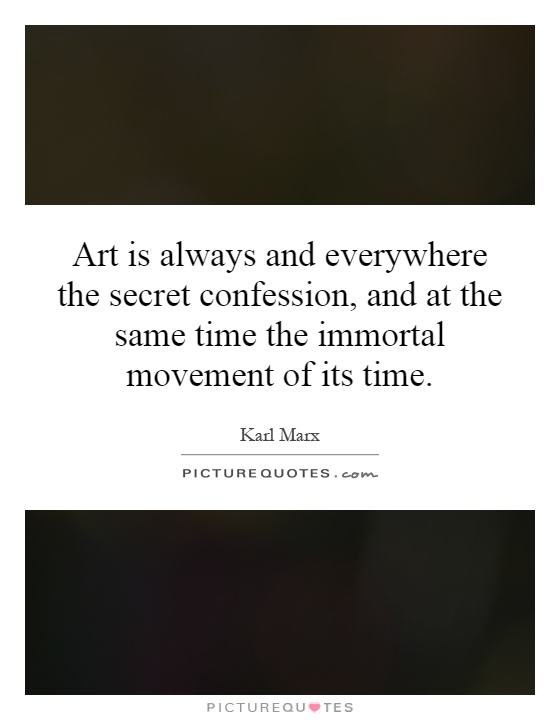
Art is always and everywhere the secret confession, and at the same time the immortal movement of its time
Karl Marx, the renowned philosopher and economist, had a unique perspective on art and its relationship to society. He believed that art was not just a form of expression, but a reflection of the social and economic conditions of its time. In his view, art was a secret confession of the struggles, aspirations, and contradictions of society, and at the same time, it was a powerful force that could shape and influence the course of history.Marx saw art as a product of the material conditions in which it was created. He argued that the dominant ideas and values in society were shaped by the ruling class, who used art as a tool to maintain their power and control over the masses. However, Marx also believed that art had the potential to challenge and subvert these dominant ideologies, and to inspire revolutionary change.
For Marx, art was not just a passive reflection of society, but an active force that could mobilize people to fight for a better world. He saw art as a form of resistance against the oppressive structures of capitalism, and as a means of imagining and creating a more just and equitable society. In this sense, art was not just a mirror of the world, but a transformative force that could help to bring about social change.
Marx's ideas about art were deeply influenced by his broader theory of historical materialism, which emphasized the importance of understanding the economic and social forces that shape human society. He believed that art was a key site of struggle in the class conflict between the ruling elite and the working masses, and that artists had a crucial role to play in advancing the cause of social justice.

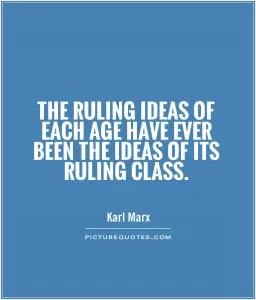
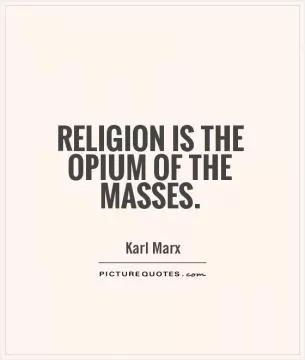

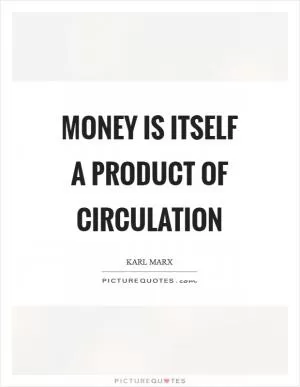
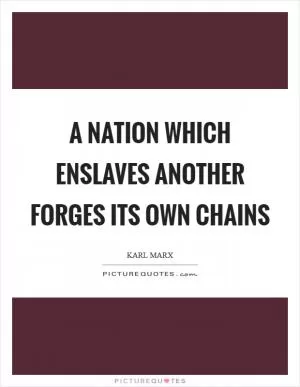



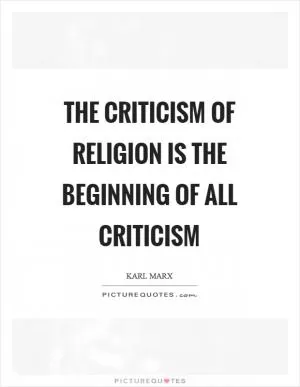

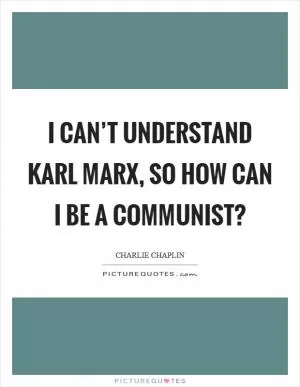
 Friendship Quotes
Friendship Quotes Love Quotes
Love Quotes Life Quotes
Life Quotes Funny Quotes
Funny Quotes Motivational Quotes
Motivational Quotes Inspirational Quotes
Inspirational Quotes